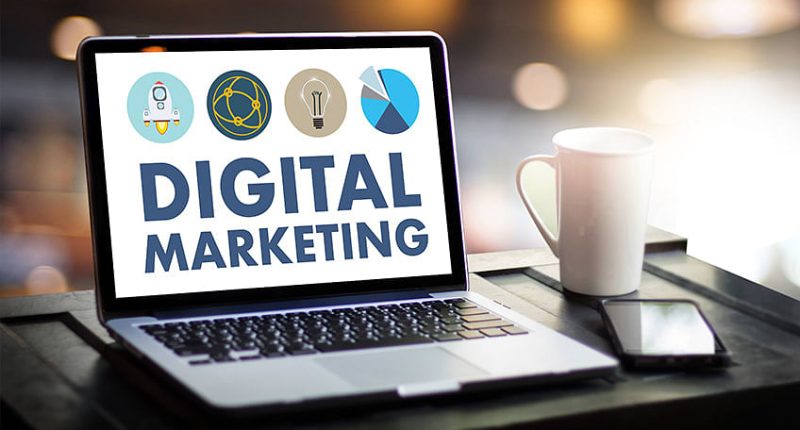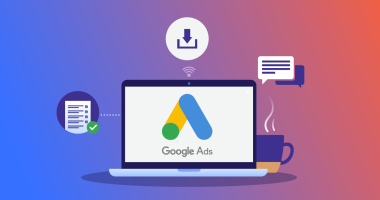Digital Marketing: A Comprehensive Guide
Introduction
Digital marketing refers to the use of online platforms, digital channels, and electronic devices to promote products, services, and brands. Unlike traditional marketing, digital marketing allows businesses to reach a global audience efficiently, track real-time performance, and personalize customer interactions.
Key Components of Digital Marketing
1. Search Engine Optimization (SEO)
SEO is the practice of optimizing websites to rank higher on search engine results pages (SERPs). It involves:
Keyword research
On-page and off-page optimization
Technical SEO
Link building
2. Content Marketing
Content marketing focuses on creating valuable and engaging content to attract and retain customers. This includes:
Blog posts
Articles
E-books
Infographics
Videos
3. Social Media Marketing (SMM)
Social media platforms like Facebook, Instagram, Twitter, and LinkedIn are powerful tools for brand awareness and customer engagement. Strategies include:
Organic posts
Paid advertisements
Influencer collaborations
Community engagement
4. Pay-Per-Click (PPC) Advertising
Google Ads and social media ads are common PPC platforms.
5. Email Marketing
Email marketing involves sending targeted messages to subscribers to nurture leads and boost conversions. It includes:
Newsletters
Promotional emails
Drip campaigns
6. Affiliate Marketing
Affiliate marketing allows businesses to partner with affiliates who promote their products in exchange for commissions. This performance-based strategy is highly cost-effective.
7. Influencer Marketing
Brands collaborate with influencers to leverage their audience and credibility, promoting products through authentic content.
8. Mobile Marketing
With the rise of smartphones, mobile marketing includes SMS campaigns, app-based marketing, and mobile-friendly website optimization.
Benefits of Digital Marketing
Global Reach: Businesses can reach international audiences without geographical limitations.
Targeted Advertising: Marketers can reach specific demographics based on interests, location, and behavior.
Measurable Results: Analytics tools provide insights into campaign performance, allowing real-time adjustments.
Increased Engagement: Interactive content fosters customer relationships and brand loyalty.
Challenges of Digital Marketing
High Competition: The online market is saturated with competitors.
Privacy Concerns: Data protection laws like GDPR impact digital marketing strategies.
Future Trends in Digital Marketing
AI and Automation: Chatbots, AI-driven content, and automated advertising will enhance efficiency.
Voice Search Optimization: More users are using voice assistants like Alexa and Siri.
Video Content Growth: Short-form videos on platforms like TikTok and Instagram Reels are gaining popularity.
Personalization: Businesses will focus on hyper-personalized marketing experiences.
Conclusion
Digital marketing is a dynamic and essential strategy for businesses in the modern digital era. By leveraging various online channels, brands can enhance visibility, attract customers, and drive sales. Staying updated with the latest trends and adapting to changes is crucial for long-term success.








